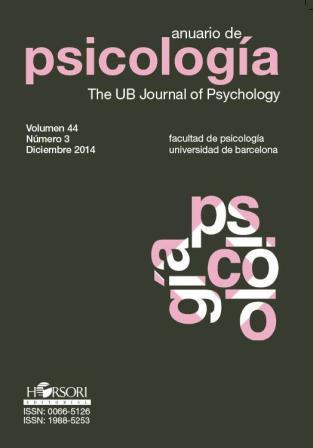Parenting: Psychometric analysis of two studies in Spanish population
Keywords:
Parenting, factorial analyses, adolescence, middle childhood, young teensAbstract
Parenting styles set the pace and quality of parent-child relationships and parenting practices. This empirical research consisted of three studies based on the Child Reports of Parental Behavior Inventory (CRPBI; Schaefer, 1965) and was conducted in Spain. The analysis checks the typology and styles of parenting, bearing in mind both parents in a differentiated way. The first study involved 762 adolescents of 12-17 years (mean age=13.69 y SD=1.40; 52.7% boys). A total of 824 children of 8-11 years participated in the second study (mean age= 9.28 y SD= 1.34; 47.8% boys). The results of the exploratory and confirmatory factorial analyses show a four-factor model: Support and communications, Negative psychological control, Permissiveness, and Negligence, for both the mother and the father, which determine parenting from the children’s perception. The fit indexes are within the established limits to consider this an appropriate questionnaire to assess parenting styles in childhood and adolescence in Spanish populations.Downloads
Published
2015-12-03
Issue
Section
Articles
License
The authors who publish in this journal agree to the following terms:
Authors transfer to the publisher all copyright for the full term of protection and for all the world.
The authors can post a copy of their articles in accordance with the policy of free access to the journal.


